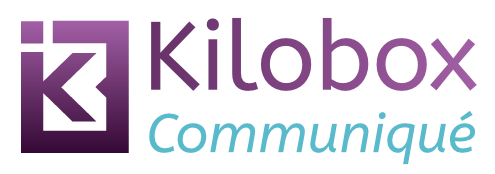So I went to an 8am Like Minds breakfast event to hear about Bruce Daisley’s new book, ‘The Joy of Work’. Bruce is the VP UK and Emea of Twitter. You can see him at the IoIC evening event in April.
Bruce wanted to get stuck into the evidence around workplace culture and productivity, and has written 30 concise chapters to give a sense of where we’re going wrong and what we can improve as managers, team members and leaders at all levels.
Here’s what struck me (it was 8:30am, so I may not have been at my best).
Autonomy matters. Teams that are allowed to arrange their physical working spaces do better. As you know, open plan offices and people ‘stopping by’ too frequently can derail you; it takes time to recover from interruptions when you’re trying to get into your flow. It’s why people wear headphones. Our workplaces are so toxic, suggests Bruce, individuals are creating solutions such as wearing headphones. This breaks connectivity and so we need to fix the cause, not ban the symptom.
Purpose matters, but not as much as Simon Sinek says. Majority of NHS staff and teachers think a lot about leaving. The vocation is there, but the ways of working are not. How we work matters.
Out of hours email (weekends, but def morning and evening) create stress for you, and everyone involved. If you choose to write emails out of office, don’t send them until the working day starts (just save them as drafts or use a scheduling add on).
People who work from home (a lot) are 70% more stressed (what?) as they worry their boss doesn’t like or trust them; yet they are more productive.
Working one day a week at home is the sweet spot. Every team member should work the same day at home so as not to degrade connectivity. It’s all about connectivity. Teammates in the office connect 40 times a week, while remote people only 8. (This is not my personal experience; I’m 90% remote and digital, and I talk to colleagues every day, via chat [typing] and video calls.)
Meeting remote colleagues in real-life at project start is essential; it sets up the relationship for when you rely on digital comms. Regular video calls are vital, says Bruce. I love this, and think it’s abso true. As much as I rely on chat and digital comms or all kinds, meeting a person and getting to know them, even for a short time, makes me so much more amenable to them. While I sometimes opt for voice calls (I don’t always do my hair in the mornings…), video calls are def more engaging – the relationship is improved along with the work.
Dunbar’s number of 150 is robust, even in this socially networked time. Humans just don’t extend their tribe much beyond this, it’s too much emotional and cognitive effort.
Burnout is real; in every sense. It’s mental and physical. People are getting more confident talking about their mental health once they are recovered. We’re not yet ready to speak out during a breakdown. I agree wholeheartedly with Bruce here. I launched an emotional / mental health charity back in 2002 and I can’t help but be observant about how we talk about health in the workplace. I’ve def noticed that things have changed and it’s easier to talk about things. I shan’t be blogging about a mental health crisis while I’m in one though, Bruce, as I can’t trust myself not to overshare.
Being busy (in meetings, typing and clicking at our desks) isn’t where the high value work gets done. We need space and time to allow our Default neurosystem to kick in, so we can have actual ideas. Aaron Sorkin found he did his best writing, mentally, in the shower. So he had a shower installed in his office and has around eight showers a day (I hope he locks his office door…).







